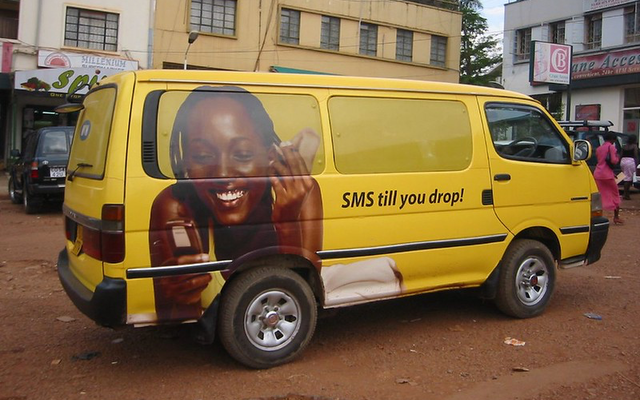How do people in poor countries use SMS text messaging in their daily life?
SMS (Short Message Service) text messaging is widely used by people in poor countries in their daily lives for a variety of purposes.
SMS text messaging is a powerful tool for communication and access to information and services in developing countries, and plays a crucial role in the daily lives of many people. For example:
- Communication: SMS text messaging is often used as a primary means of communication, especially in areas with limited or no access to other forms of communication, such as phone or internet.
- Banking and financial transactions: In many developing countries, people use SMS text messaging to access financial services, such as mobile banking, money transfers, and payments. This can be especially important for people who are unbanked or underbanked.
- Healthcare: SMS text messaging is often used to access health information and services, including telemedicine and disease surveillance. It can also be used to receive reminders for appointments and medication.
- Education: SMS text messaging is used to access educational resources, such as online courses and educational videos. It can also be used to receive updates and alerts about school closures, exams, and other important information.
- Social networking: SMS text messaging is used by many people in developing countries to stay connected with friends and family, and to share news and information.
Free UNICEF Course: How to Use RapidPro for Powerful SMS, IVR, and Social Media Campaigns
Looking to launch a health education campaign, survey youth about issues in their community, or poll school teachers and receive reporting data? RapidPro might...
7 Tips for Better Digital M&E in Sustainable Development
With the landmark UN Sustainable Development Summit over, the discussion is now shifting to the question of how to operationalize the 17 ambitious goals in the...
Guess Which Communications Platform Youth Prefer Today?
Youth are adopting new technology faster and smarter than the general population. We know this anecdotally and witness it in our daily lives as we interact with...
How SMS Messages Revitalize the Lives of Cambodian Youth
While social media and radio are two of the most popular channels among young people in Cambodia, text messaging has remained a basic mean to send and receive short-yet-useful...
Are Smartphones Making SMS Projects Obsolete?
Are SMS projects still relevant? Are toll-free phone numbers still needed? As more and more people in developing countries have access to cheap smartphones and...
Using Technology to Advance Human Rights in Kenya
Joseph Kitaka, a resident of Yatta in Machakos County, Kenya, has always had an interest in defending human rights. His community is faced with numerous challenges,...
4 Tips on How to Engage Farmers Using Communication Technologies
The focus of the ICTforAg conference session, “The Five Sexy Tools for Food Tech” was an analysis of how to use some simple tech in an effective way. I learned...
Missed Opportunities in Using Tech to Fight Violence Against Women
Technology is a key piece in preventing and ending violence against women. As the number of women with access to the Internet and Internet-enabled devices increases,...
3 Ways to Improve Farmer Information Systems
Farmer Information Systems have found solid footing in development, and are now fine-tuning their strategy and approach in communicating market prices, weather...
How You Can Reach 300,000 Tanzanians with Proven Family Planning Information
Would you want to improve family planning knowledge and effect behavior change with 300,000+ people in Tanzania, using a proven technology approach that was developed...












